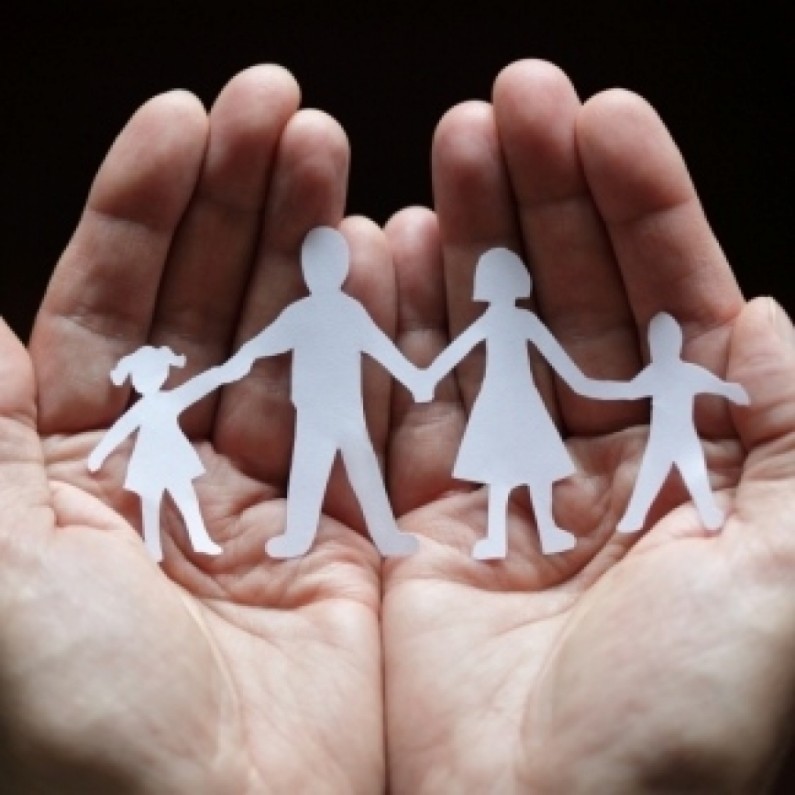Families are often the primary support for people who have substance abuse problems. Families are likely to experience significant physical, emotional, social, and spiritual stress. Family members can be profoundly affected by having an ill family member; however, quite often they also show a strong desire to understand addiction and mental health problems, and have a high level of motivation to be part of the process of recovery.  Families need an opportunity to tell their own stories and know that they are not alone, which is why their own recovery is important. It can be more difficult to experience the disease of addiction in someone you love than it is to have an illness yourself. Family members often need validation of how draining the experience of supporting someone with a substance abuse problem can be. They also need people to understand how much they love their alcoholic/addict family member and want them to recover or go back to the way they once were. There are huge physical, emotional, financial, and social effects of caring for someone with substance abuse problems, but there are also the positive and rewarding aspects of trying to help their loved one. And still more rewards can come from helping themselves. Most family members experience a kind of journey of recovery that often parallels the ups and downs that their loved ones experience. But it is crucial they understand the importance of caring for the caregiver, as without their own physical, emotional, social, and spiritual health, their attempts to help their ill family member would likely be ineffective. It is crucial to understand the family dynamics, and that addiction is a family disease. Also, it is important to keep in mind that recovery means many different things to different people and does not necessarily mean a complete absence of all symptoms for the rest of a person’s life. Recovery can mean: gaining acceptance, beginning to take better care of you, learning to set limits and expectations with your alcoholic/addict loved one, and developing a newfound sense of hope and serenity, coping better, or feeling less overwhelmed. Together we can be part of the solution instead of the problem. Originally published on Lives in Recovery August 2014 by Gina.
Families need an opportunity to tell their own stories and know that they are not alone, which is why their own recovery is important. It can be more difficult to experience the disease of addiction in someone you love than it is to have an illness yourself. Family members often need validation of how draining the experience of supporting someone with a substance abuse problem can be. They also need people to understand how much they love their alcoholic/addict family member and want them to recover or go back to the way they once were. There are huge physical, emotional, financial, and social effects of caring for someone with substance abuse problems, but there are also the positive and rewarding aspects of trying to help their loved one. And still more rewards can come from helping themselves. Most family members experience a kind of journey of recovery that often parallels the ups and downs that their loved ones experience. But it is crucial they understand the importance of caring for the caregiver, as without their own physical, emotional, social, and spiritual health, their attempts to help their ill family member would likely be ineffective. It is crucial to understand the family dynamics, and that addiction is a family disease. Also, it is important to keep in mind that recovery means many different things to different people and does not necessarily mean a complete absence of all symptoms for the rest of a person’s life. Recovery can mean: gaining acceptance, beginning to take better care of you, learning to set limits and expectations with your alcoholic/addict loved one, and developing a newfound sense of hope and serenity, coping better, or feeling less overwhelmed. Together we can be part of the solution instead of the problem. Originally published on Lives in Recovery August 2014 by Gina.
Families Need Recovery Too




